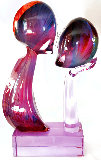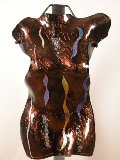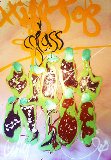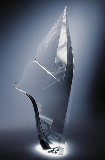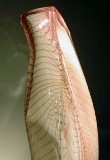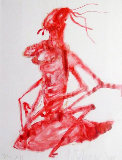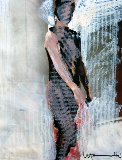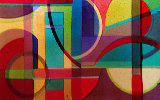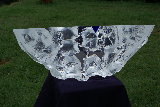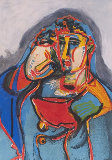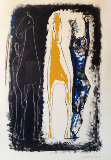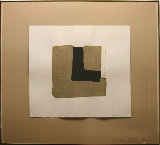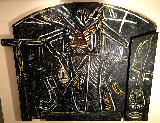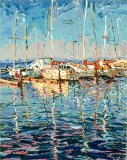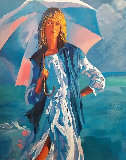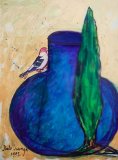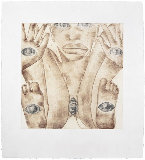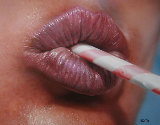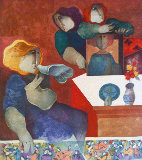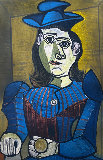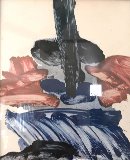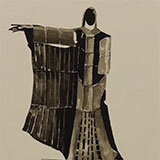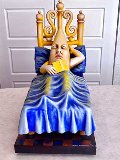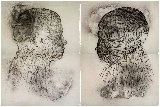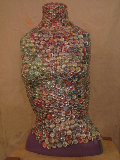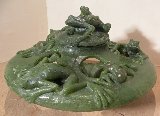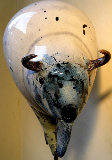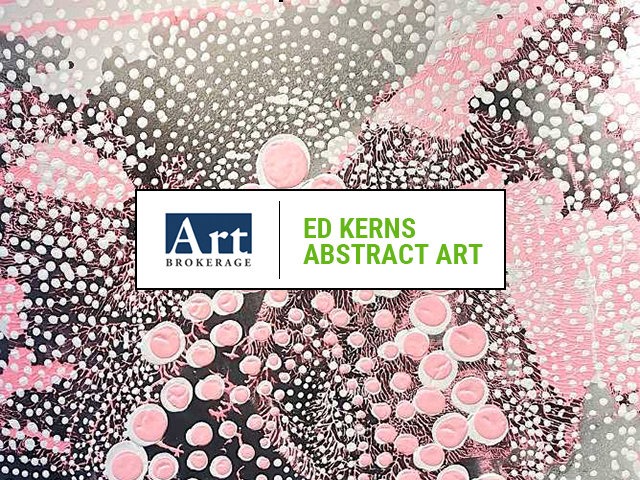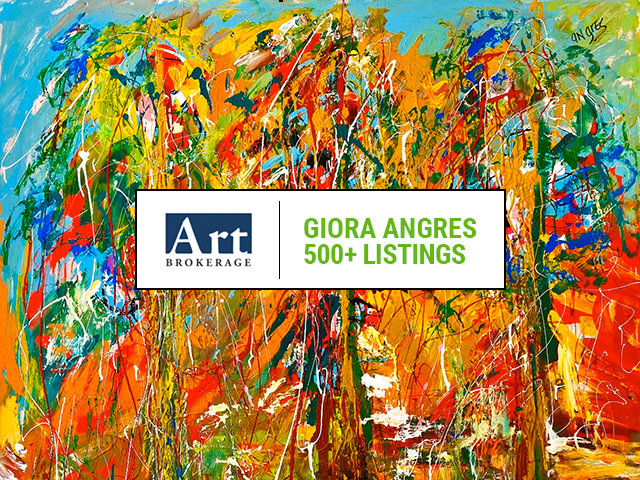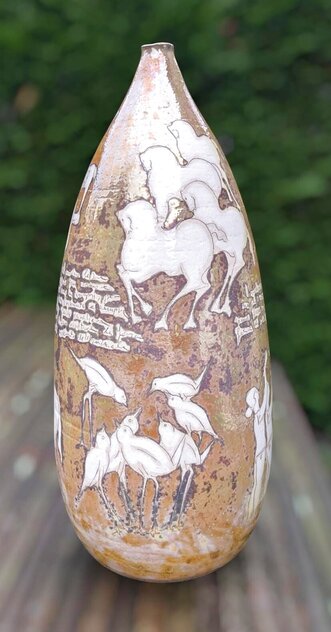







Untitled Vase Ceramic Sculpture 2002 26 in
Paolo Staccioli
Sculpture : Ceramic Vase
Size : 25.98x11.02 x11.02 in | 66x28 x28 cm
Edition : Original
-
🔥Ceramic Vase - Inquire $$$$$$$
Year2002
Hand SignedOn Base
Condition Excellent
Purchased fromGallery 2002
Provenance / HistoryPurchased in 2002 at Gallery in the Heulstraat in The Hague, The Netherlands.
Story / Additional InfoArtist made 2 pieces in this style. One is this one, the other one was offered to the Royal King of the Netherlands for the occasion of his marriage, also in 2002.
Certificate of AuthenticityArt Brokerage
Additional InformationMotivated
LID173554
Paolo Staccioli - Italy
Art Brokerage: Paolo Staccioli Italian Artist: b. 1943. Paolo Staccioli, born in Scandicci, near Florence Italy in 1943, began his artistic career painting and presented his first one man exhibit in 1973. His experience in ceramics dates back to the late 1980s with terracotta bas reliefs. He experimented with glazes and learned the technique of oxygen reduction firing under the master craftsman of Faenza, Umberto Santandrea, where he began research on lusters, employing clays, oxides and salts. Giving up painting, he decided to dedicate himself to ceramic work. In the late nineties and 2000 he molded a large horse ridden by a winged putto, which was cast in bronze and inaugurated the Museum Park of Poggio Valicaia. Staccioli has exhibited in Belgium, Holland, France, England, Italy and Japan. From October 2005 through June '06 he exhibited at the Museo delle Porcellane at the Pitti Palace in Florence. In 2002, On the occasion of the Dutch crown prince's wedding, a well known art gallery in the Hague presented the couple a beautiful Staccioli vase. Thirty five of the artist's vases are in the collection of the Sultan of Brunei. His work shows the influence of the artists Martini, Giacometti, Marino and Fantoni. The horse is a subject which Staccioli revisits over and over in whichever form he is sculpting. At times his horses seem like borders, on vases or spheres, of ancient cuneiform writing. Taking a closer look, we see the horses are on wheels, like a Trojan or merry-go-round horses. His horses and other forms resurrect ancient history - from the cave to Etruscan times. In March to April 2008, on the occasion of his inaugural exhibit at the Italian Cultural Institute in New York, Listings wanted.

